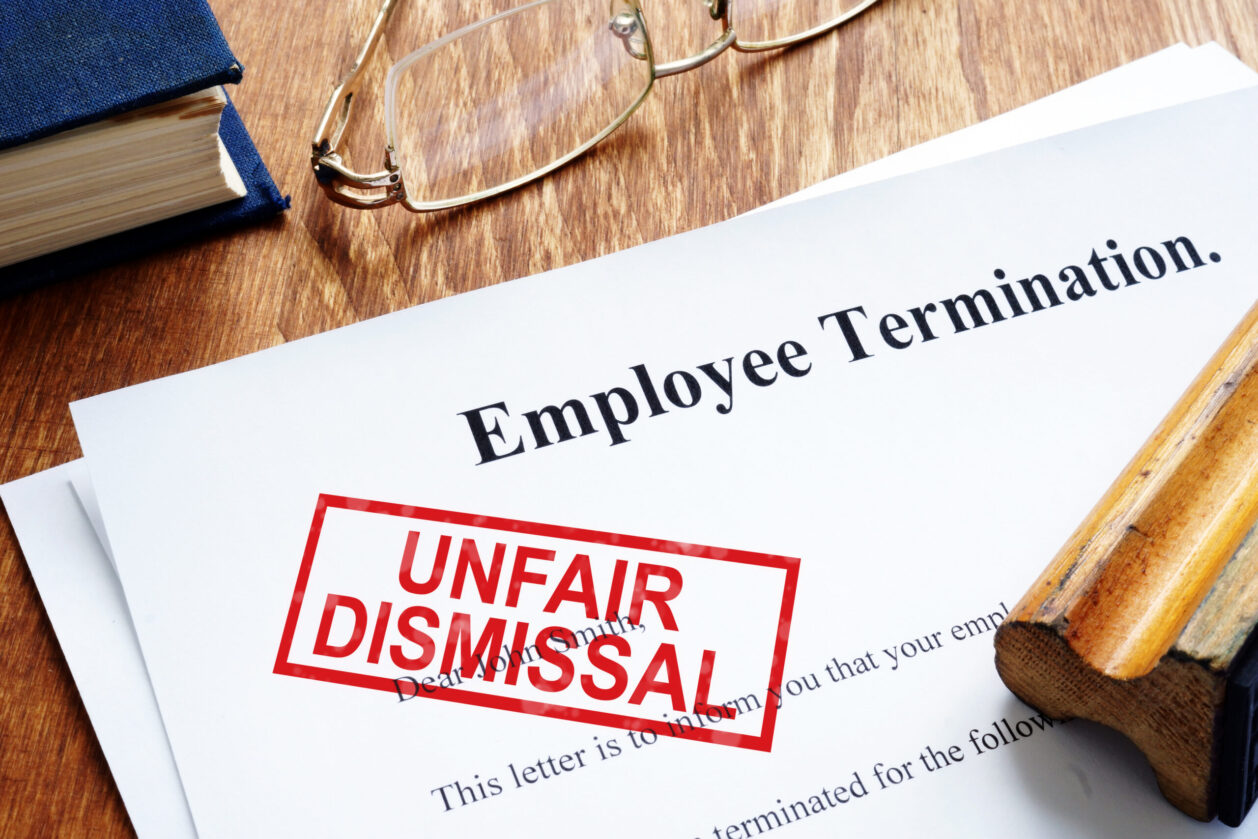How to use this kit
As a manager or human resources professional, it is highly likely you will manage an employee with a mental health issue at some point in your career.

CCIWA’s kit for managing mental health in the workplace provides managers and HR professionals with the practical resources and information required to appropriately manage employees and prospective employees with mental health issues, from a combined occupational health and safety, employment relations and workers’ compensation perspective.
The Managing Mental Health in the Workplace Kit (The Kit) is a practical guide to situations including:
- what to do in an emergency;
- having an “R U OK?” conversation;
- requesting information from a medical practitioner;
- performance managing an employee with suspected mental health issues;
- reasonable adjustments;
- managing absences; and
- COVID-19 and mental health.
The Kit introduces key aspects of relevant legislation, including; Occupational Safety and Health (OSH), Workers’ Compensation, Fair Work and Discrimination legislation.
The Kit will address common queries human resources and safety staff are likely to address on a regular basis.
It also includes pro-forma policies, plans, letters and other supplementary documents commonly needed when managing mental health issues in the workplace.
Glossary of commonly used terms
The following explanations are intended to assist practitioners in understanding these commonly used terms. Please note different publications or literature may give different meaning to the same words.
Captures a state where an individual is experiencing difficulties (may be cognitive, emotional, productivity, social) and there is an observed change in behaviour.
- job content;
- workload and workplace;
- work schedule;
- control;
- Environment and equipment;
- organisational culture and function;
- interpersonal relationships at work;
- role in organisation;
- career development; and
- home-work interface.
The term hazards is considered to be interchangeable with the term stressors in the workplace context and refers to those conditions that could expose an employee to harm to their health.
Hazards in the workplace can be categorised as either physical (e.g. noise, hazardous chemicals) or psychosocial in nature (e.g. time pressure, bullying).
For advice and guidance on work, health and safety matters contact CCIWA’s Employee Relations Advice Centre on (08) 9365 7660 or email [email protected].

















